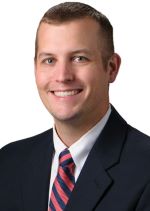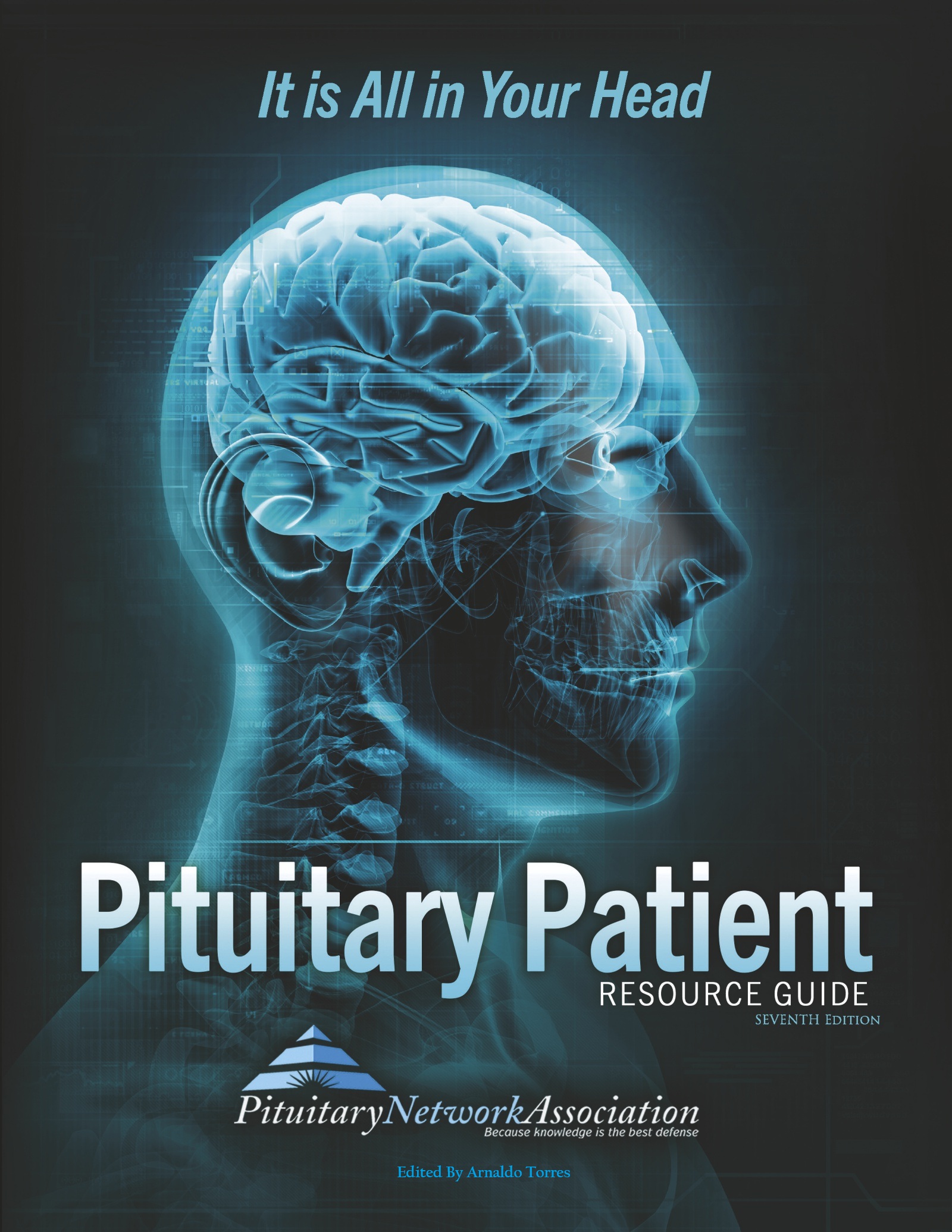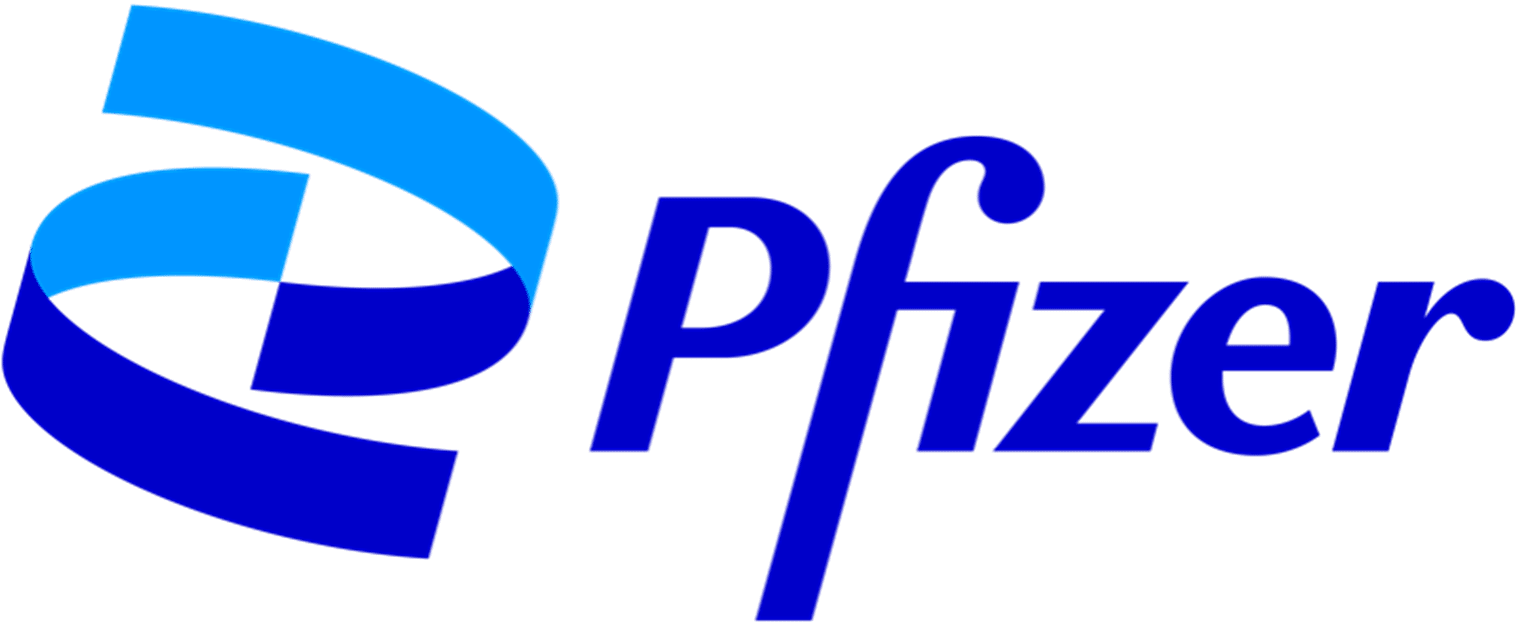PNA Spotlight: Dr. Brian Williams
This month the PNA Spotlight focuses on Dr. Brian Williams, an Assistant Professor in the Department of Neurosurgery at the University of Louisville, where he leads the Division of Neurosurgical Oncology, Skull Base Surgery and Pituitary Surgery. Dr. Williams earned his medical degree from the Baylor College of Medicine in Houston, Texas. He did a residency in neurological surgery at the University of Virginia in Charlottesville, followed by a fellowship in Neurosurgical Oncology at MD Anderson Hospital in Houston. He also pursued specialty training in cerebrovascular and skull base surgery at the Auckland City Hospital in New Zealand. He was kind enough to answer some questions from the PNA. His answers are below

- What inspired you to choose your career path?
I chose my career because I enjoy taking care of people. I went to college with the idea of becoming a research biologist, and after spending several years in a lab, decided that I didn’t find this path fulfilling. During the following summer, I spent time shadowing a physician and working for him. I discovered medicine had the right mixture of science, problem solving and personal interaction for me.
- What is the primary focus of your work/research?
I am the director of neurosurgical oncology, skull base surgery, pituitary surgery and the brain tumor program at the University of Louisville, Department of Neurosurgery. I work with my colleagues to provide the community of Louisville and the surrounding region with world-class treatment options. My research focuses on identifying the molecular drivers of skull base and pituitary disorders with a focus on developing novel medical treatments in order hopefully decrease the number of patients who require surgery for these disorders.
- What do you consider to be the future of your field?
I believe the future of our field is to take a collaborative approach to patient care – to provide complete care for patients. For example, pituitary disorders require the expertise not only of endocrinologists, neurosurgeons, radiologists, pathologists, ophthalmologists and radiation oncologists, but also rehabilitation medicine and functional therapists to maximize a patient’s function while offering medical treatments
- What should patients know about your field/what deserves more recognition/awareness?
The field of pituitary research is on the verge of making fundamental advances in our understanding of the biology of tumors of this area. This new information will hopefully provide insight into the diseases and create a foundation on which to develop new less invasive and more focused treatments.
- What would you like to convey about yourself to your patients?
I seek to deliver world-class, collaborative and individualized care to each patient that I see. This is philosophy is manifest in our pituitary clinic at University of Louisville, where patients can see an endocrinologist, a neurosurgeon, a rhinologist and/or a radiation oncologist all on the same day. The philosophy also informs our pituitary tumor conference, where cases are presented for discussion and mutual learning. Thus, each of our patients receives the combined recommendation of our group, rather than the opinion of a single physician.
- Why did you get involved with the PNA; what is the extent of your involvement.
I have had a passion for pituitary disorders that has been fostered by several of my mentors. I have had the good fortune of training with excellent pituitary surgeons, endocrinologists and ophthalmologists. They demonstrated to me the profound effect that medicine can have by caring for patients suffering from these disorders. In collaboration with my colleagues at University of Louisville, we hope to create a resource for the community to alleviate the suffering experienced by patients with pituitary disorders in Louisville and the surrounding region. Working with groups such as Pituitary Network Association is critical to empower patients with knowledge necessary to make informed decisions regarding their care.






